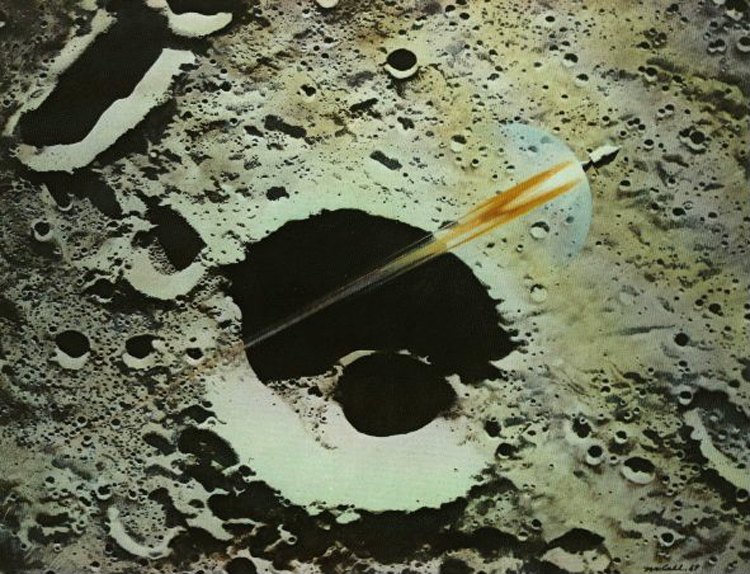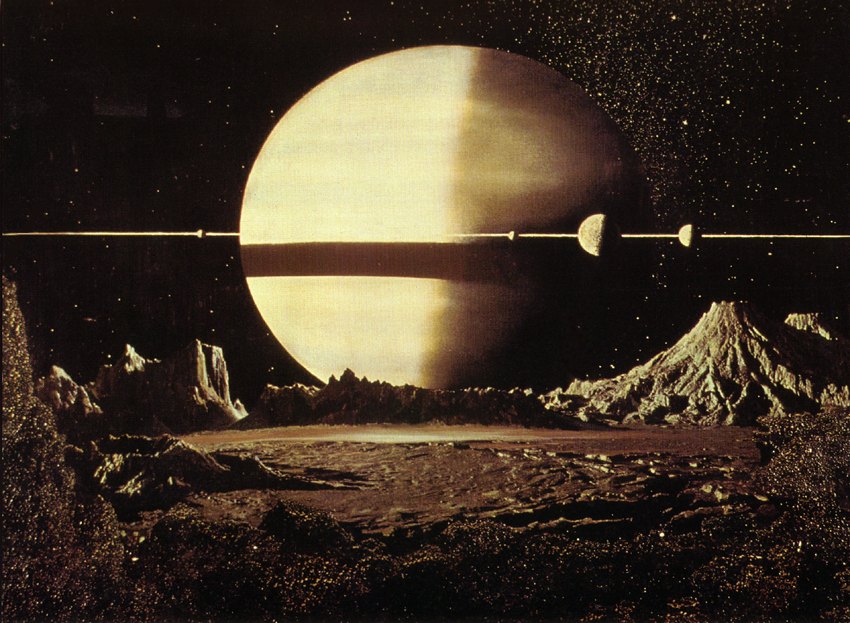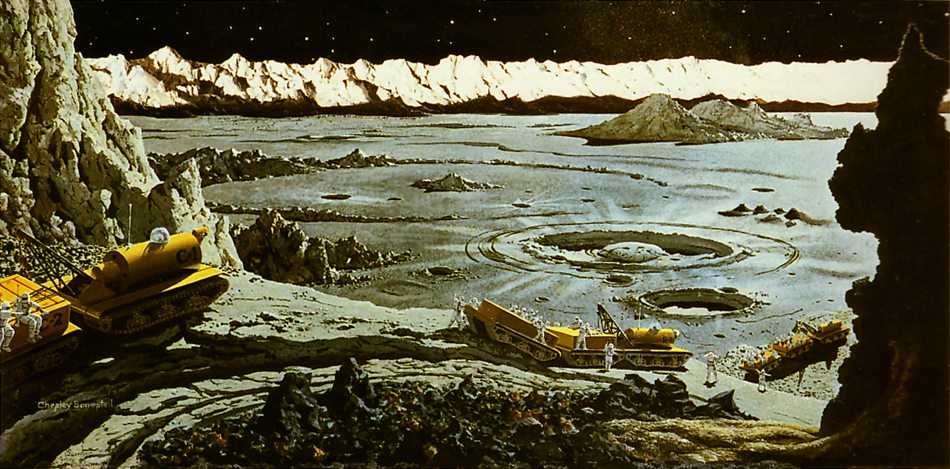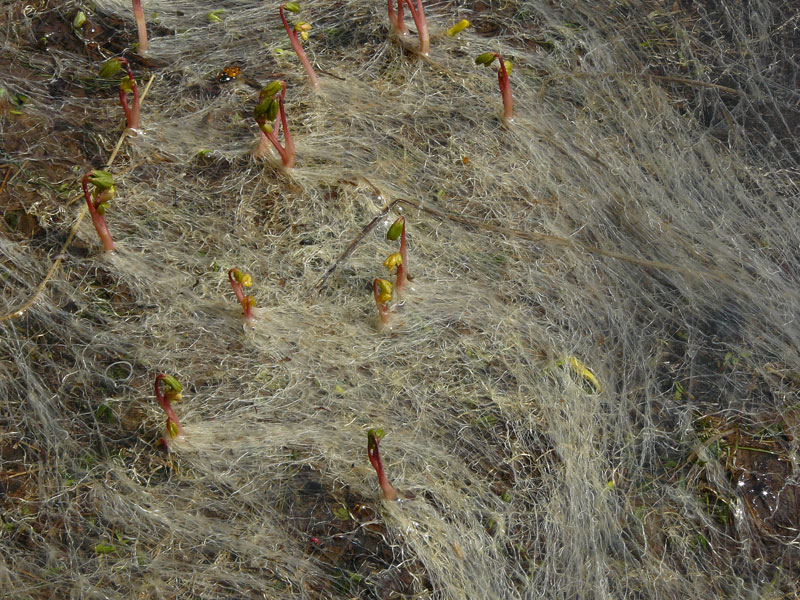
Fernando Pessoa
"I was born in a time when the majority of young people had lost faith in God, for the same reason their elders had had it - without knowing why. And since the human spirit naturally tends to make judgments based on feeling instead of reason, most of these young people chose Humanity to replace God. I, however, am the sort of person who is always on the fringe of what he belongs to, seeing not only the multitude he's a part of but also the wide-open spaces around it. That's why I didn't give up God as completely as they did, and I never accepted Humanity. I reasoned that God, while improbable, might exist, in which case he should be worshiped; whereas Humanity, being a mere biological idea and signifying nothing more than the animal species we belong to, was no more deserving of worship than any other animal species. The cult of Humanity, with its rites of Freedom and Equality, always struck me as a revival of those ancient cults in which gods were like animals or had animal heads.
And so, not knowing how to believe in God and unable to believe in an aggregate of animals, I, along with other people on the fringe, kept a distance from things, a distance commonly called Decadence. Decadence is the total loss of unconsciousness, which is the very basis of life. Could it think, the heart would stop beating.
For those few like me who live without knowing how to have life, what's left but renunciation as our way and contemplation as our destiny? Not knowing nor able to know what religious life is, since faith isn't acquired through reason, and unable to have faith in or even react to the abstract notion of man, we're left with the aesthetic contemplation of life as our reason for having a soul. Impassive to the solemnity of any and all worlds, indifferent to the divine, and disdainers of what is human, we uselessly surrender ourselves to pointless sensation, cultivated in a refined Epicureanism, as befits our cerebral nerves.
Retaining from science only its fundamental precept - that everything is subject to fatal laws, which we cannot freely react to since the laws themselves determine all reactions - and seeing how this precept concurs with the more ancient one of the divine fatality of things, we abdicate from every effort like the weak-bodied from athletic endeavors, and we hunch over the book of sensations like scrupulous scholars of feeling.
Taking nothing seriously and recognizing our sensations as the only reality we have for certain, we take refuge there, exploring them like large unknown countries. And if we apply ourselves diligently not only to aesthetic contemplation but also to the expression of its methods and results, it's because the poetry or prose we write - devoid of any desire to move anyone else's will or to mold anyone's understanding - is merely like when a reader reads out loud to fully objectify the subjective pleasure of reading.
We're well aware that every creative work is imperfect and that our most dubious aesthetic contemplation will be the one whose object is what we write. But everything is imperfect. There's no sunset so lovely it couldn't be yet lovelier, no gentle breeze bringing us sleep that couldn't bring a yet sounder sleep. And so, contemplations of statues and mountains alike, enjoying both books and the passing days, and dreaming all things so as to transform them into our own substance, we will also write down descriptions and analyses, which when they're finished, will become extraneous things that we can enjoy as if they happened along one day.
This isn't the viewpoint of pessimists like Vigny, for whom life was a prison in which he wove straw to keep busy and forget. To be a pessimist is to see everything tragically, an attitude that's both excessive and uncomfortable. While it's true that we ascribe no value to the work we produce and that we produce it to keep busy, we're not like the prisoner who busily weaves straw to forget about his fate; we're like the girl who embroiders pillows for no other reason than to keep busy.
I see life as a roadside inn where I have to stay until the coach from the abyss pulls up. I don't know where it will take me, because I don't know anything. I could see this inn as a prison, for I'm compelled to wait in it; I could see it as a social centre, for it's here that I meet others. But I'm neither impatient nor common. I leave who will to stay shut up in their rooms, sprawled out on beds where they sleeplessly wait, and I leave who will to chat in the parlours, from where their songs and voices conveniently drift out here to me. I'm sitting at the door, feasting my eyes and ears on the colours and sounds of the landscape, and I softly sing - for myself alone - wispy songs I compose while waiting.
Night will fall on us all and the coach will pull up. I enjoy the breeze I'm given and the soul I was given to enjoy it with, and I no longer question or seek. If what I write in the book of travellers can, when read by others at some future date, also entertain them on their journey, then fine. If they don't read it, or are not entertained, that's fine too."

















